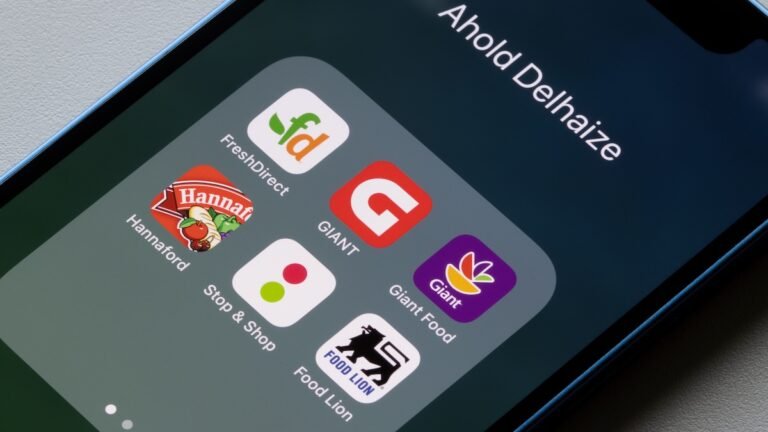Summary Points
-
Ahold Delhaize’s ransomware attack last year compromised the data of over 2.2 million individuals, revealing sensitive personal information including Social Security numbers and financial details.
-
The attack, attributed to the Inc Ransom group, affected several of Ahold Delhaize’s supermarkets and pharmacies, with the hackers allegedly exfiltrating data from the company’s internal systems.
-
Affected individuals are being notified and offered two years of free credit monitoring and identity protection services due to the breach.
- This incident highlights a rising trend in cyberattacks targeting the retail sector, with several other grocery-related companies experiencing similar threats recently.
Key Challenge
In a significant cybersecurity breach disclosed by Dutch grocery behemoth Ahold Delhaize, over 2.2 million individuals were affected following a ransomware attack that surfaced in November 2024. The cyber assault primarily disrupted the operations of several major U.S. supermarkets and pharmacy chains, including Giant Food, Food Lion, and Hannaford. By mid-April 2025, the Inc Ransom group claimed responsibility for the attack, revealing that their hackers had infiltrated Ahold Delhaize’s internal systems and exfiltrated extensive personal data, which the organization has since confirmed.
The compromised information, which varies for each individual, encompasses critical details such as names, Social Security numbers, and financial records. Impacted persons are now being notified and offered two years of complimentary credit monitoring services. This incident is not isolated; the grocery sector has increasingly become a target for cybercriminals, evidenced by recent attacks on UK retailers and the distributor for Amazon’s Whole Foods, highlighting a growing trend in cyber threats within the retail industry. Reports of the breach are coming from Ahold Delhaize itself, and the Maine Attorney General’s Office has also been informed, underscoring the grave consequences of this unfolding story.
Risks Involved
The recent ransomware breach of Ahold Delhaize, impacting over 2.2 million individuals and compromising sensitive personal data, poses significant risks not only to the grocery giant itself but also to related businesses, users, and organizations across the retail sector. The broader implications of such an attack manifest through heightened consumer distrust, potential loss of market share, and increased regulatory scrutiny for the entire industry, leading to a ripple effect that could destabilize supply chains and erode confidence among stakeholders. As competitors navigate the ensuing fallout, they may face reputational damage akin to Ahold Delhaize’s predicament, ultimately resulting in a more fractured market landscape. Additionally, the incident underscores vulnerabilities within digital infrastructures, prompting heightened vigilance and investment in cybersecurity measures among businesses, as the prospect of similar attacks could jeopardize operational integrity and customer loyalty across the board.
Possible Actions
Timely remediation of data breaches is crucial in safeguarding sensitive information, preserving customer trust, and mitigating potential financial repercussions associated with incidents such as the Ahold Delhaize data breach, which has affected 2.2 million individuals.
Mitigation Steps
- Immediate Containment: Secure affected systems to prevent further unauthorized access.
- Incident Assessment: Analyze the breach to understand the scope and origin of the compromise.
- Communications Plan: Inform impacted individuals promptly, outlining risks and next steps.
- Enhance Security Measures: Implement stronger authentication and encryption protocols.
- User Education: Provide guidance to customers on recognizing potential phishing efforts related to the breach.
- Monitoring and Detection: Increase surveillance of network activity to identify anomalies quickly.
- Regular Audits: Schedule frequent security audits to ensure compliance with best practices.
- Report to Authorities: Ensure compliance with legal obligations by notifying regulatory bodies.
NIST CSF Guidance
The NIST Cybersecurity Framework (CSF) emphasizes proactive risk management and the importance of continuous monitoring. For detailed guidance, organizations should reference NIST Special Publication 800-61, which outlines the processes for incident handling to strengthen response capabilities.
Stay Ahead in Cybersecurity
Discover cutting-edge developments in Emerging Tech and industry Insights.
Explore engineering-led approaches to digital security at IEEE Cybersecurity.
Disclaimer: The information provided may not always be accurate or up to date. Please do your own research, as the cybersecurity landscape evolves rapidly. Intended for secondary references purposes only.
Cyberattacks-V1

